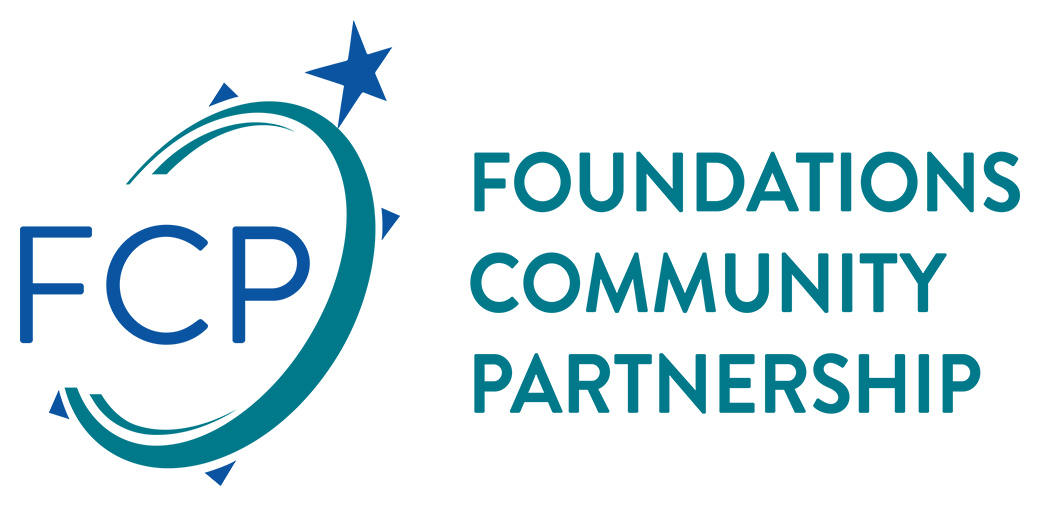FCP Welcomes Back Compelling Presenters! – Dr. Allan Tepper
Welcome Back Allan!
Dr. Allan Tepper, back by popular request, put on a great encore performance in his Workshop today with “Ethics Related to Maintaining Confidential Treatment Records.” Dr. Tepper warned the audience that he would try not to scare the them. As in the past, Dr. Tepper presented a reality check, including risks for noncompliance for record keeping, release of records and other issues related to ethics. Dr. Tepper again told it like it is for licensed Mental Health Professionals.
As in the past, and, regardless of the profession, few people enjoy hearing what they might be doing wrong and what they could be doing better. Dr. Tepper asked some pointed questions of the audience on ethical issues regarding their practice. He did a nice job of pointing out legal and ethical issues to their responses without embarrassing anyone. Again, his sense of humor often saved the day, or at least the moment.
Dr. Tepper is an attorney, and a psychologist. He was able to switch hats as needed during his workshop. He reminded the audience that his topic was limited to record keeping and access to records for licensed mental health professionals. Many of us have previously heard Dr. Tepper speak on ethical and legal topics in Mental Health. Apparently, some of the audience also appreciated his broad expertise, as some questions were beyond the scope of this workshop. He briefly answered the question, and adroitly steered his response back to the topic.
Dr. Tepper’s goals for this Workshop included:
- Identify some PA ethical and legal rules associated with maintaining confidential treatment records.
- List some rules associated with proper release of records.
- Describe some record keeping techniques that emphasize continuity of care concerns.
Within his unique style, and gentle sense of humor, Dr. Tepper met these goals. Sometimes he appeared to veer of topic, but he always got back to the point. No complaints from me! His workshops are always fun.
As usual, Dr. Tepper provided a handout with many pages of regulations, laws, court case summaries, examples of letters and forms and a few brief articles related to the topic. He discussed the ethical and legal rules of record keeping for Psychologists, Social Workers, Licensed Professional counselors and Marriage and Family Counselors.
For example, the regulations for psychologists require that records, at a minimum, contain:
- The name and address of the client and parents if a minor, and consent(s) for treatment.
- The presenting problem or purpose or diagnosis.
- The fee arrangement.
- The date and substance of each service contact.
- The results of evaluations obtained and basic test data.
- Notations and results of formal consults with other providers.
- A copy of all test or other evaluative reports prepared.
- Authorizations, if any for release of records.
The record keeping regulations are similar for the other Licensed mental health professionals, but differ slightly specific to each profession.
Regarding release of records, Dr. Tepper said that clients have access to their own records for all licensed mental health professions. Social Workers, Licensed Professional Counselors and Marriage and Family therapists have some leeway under exceptional conditions to restrict this access, but psychologists do not. While the mental health professional is the custodian of the records, the content belongs to the client. Written authorization from the client (or clients in some cases, such as marriage counseling), is always required to release records, except when there is a court order from a judge.
In an interesting discussion regarding the purpose of record keeping, and some record keeping techniques, Dr. Tepper made up a hypothetical world where record keeping was not required. After a few minutes of questions and answers with the participants it became clear that record keeping has therapeutic value, aside from the regulations.
Record keeping should be driven by the need for good continuity of care, not just regulation. Dr. Tepper suggests that “more is more” in record keeping. To benefit the client over time, each provider should carefully “tell the story” of reasons for and progress in treatment in as much detail as possible. Vague or cryptic notes, sometimes written to protect the provider, often do harm to the client by presenting a barrier for continuity of care. He said that vague and cryptic notes are also unsuccessful in protecting the provider, should a complaint be made.
In short, Dr. Tepper’s Workshop met his objectives. His presentation was not “high tech,” thank goodness, as he did not allow Power Point to get between him and his audience. The three hours went by very quickly and I learned a few things. Between the humor, his presentation addressed the Therapist –Client relationship (relationship beginning and end documented); the expected content of the records (handout provided, or contact your licensing Board); and maintenance of records (e.g. all boards expect five years after last session but Medicare providers may expect up to 10 years).
He also discussed the recent updates to the “Duty to Warn” obligation. This is a complex issue regarding a client who threatens someone outside of the therapeutic relationship. (Emerich case law decision, PA 1999).
As in the past, Dr. Tepper advised all licensed MHP’s to frequently check their Board’s Websites for updates on new statutes and regulations.
Informative but fun workshop! Any comments?
